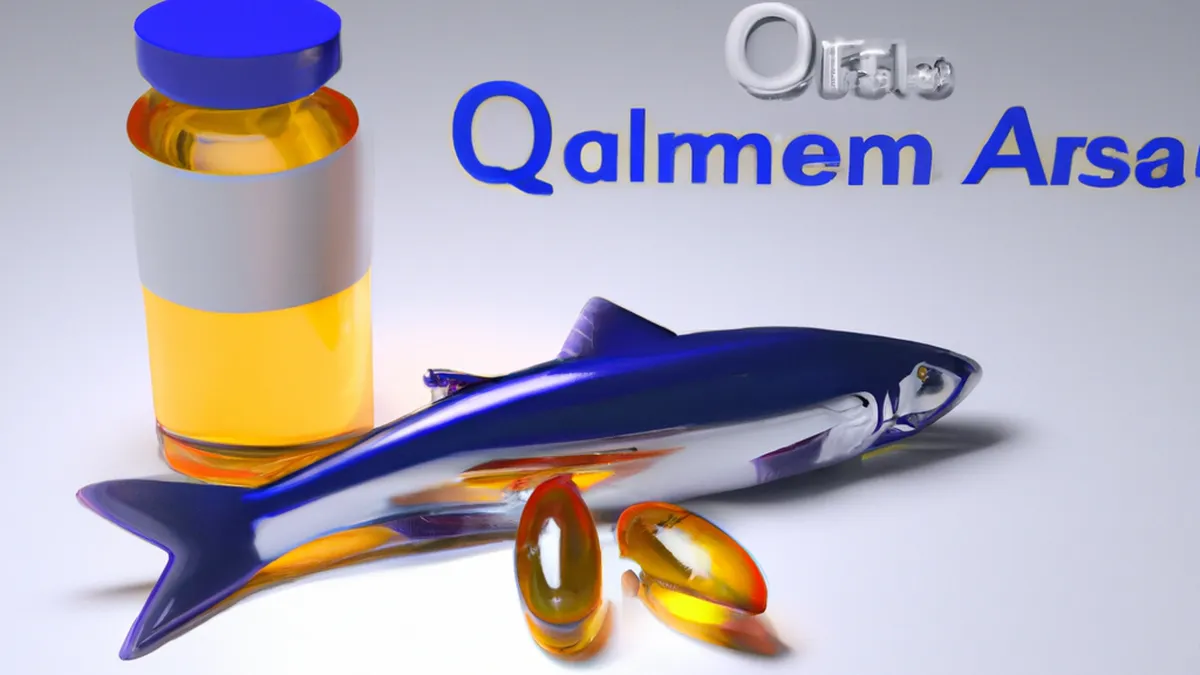Experience Relief with Omega-3 After Vaccination
The Role of Omega-3 in Reducing Inflammation Following Vaccination
Vaccination protects our health by stimulating the immune system to fight pathogens. Some individuals experience inflammation after vaccination. This inflammation indicates that the vaccine is building immunity. Omega-3 fatty acids may help reduce this response due to their anti-inflammatory properties. Understanding the link between omega-3 and inflammation allows us to manage post-vaccination symptoms effectively.
What Are Omega-3 Fatty Acids?
Omega-3 fatty acids are essential fats that our bodies cannot produce. We must obtain them through our diet. Common sources include fatty fish like salmon and plant-based options like flaxseeds. Omega-3s consist of alpha-linolenic acid (ALA), eicosapentaenoic acid (EPA), and docosahexaenoic acid (DHA). EPA and DHA are particularly known for their anti-inflammatory properties.
Omega-3 fatty acids also support heart health, brain function, and overall well-being. They help regulate cholesterol levels and improve cognitive performance. Incorporating omega-3s into our diets is essential for maintaining optimal health.
The Connection Between Vaccination and Inflammation
Vaccines stimulate the immune system to produce antibodies against specific pathogens. This process is crucial for developing long-term immunity. It can also cause temporary inflammation as the body responds to the vaccine. Common symptoms include redness, swelling, and pain at the injection site, along with fever, fatigue, and muscle aches.
Inflammation is a natural and necessary response to vaccines. It signifies that the immune system actively works to establish protection. However, excessive inflammation can cause discomfort and deter some individuals from vaccination. Omega-3 fatty acids may help reduce excessive inflammatory responses.
How Omega-3 Reduces Inflammation
Omega-3 fatty acids possess potent anti-inflammatory properties that reduce inflammation severity after vaccination. They influence the production of various molecules in the body. Omega-3s can decrease pro-inflammatory cytokine production, alleviating discomfort associated with post-vaccination inflammation.
Additionally, omega-3 fatty acids promote producing resolvins and protectins, specialized anti-inflammatory compounds that play a critical role in inflammation resolution.
Conclusion
Incorporating omega-3 fatty acids into our diets may help manage inflammation following vaccination. Understanding their benefits empowers us to make informed health choices.
Below are related products based on this post:
FAQ
What are the main sources of Omega-3 fatty acids?
Common sources of Omega-3 fatty acids include fatty fish like salmon, as well as plant-based options such as flaxseeds. These essential fats must be obtained through our diet since our bodies cannot produce them.
How does inflammation relate to vaccination?
Inflammation is a natural response that occurs when vaccines stimulate the immune system to produce antibodies. While it indicates that the body is building immunity, excessive inflammation can cause discomfort, including redness, swelling, and pain at the injection site.
How do Omega-3 fatty acids help with post-vaccination inflammation?
Omega-3 fatty acids have potent anti-inflammatory properties that can reduce the severity of inflammation following vaccination. They decrease the production of pro-inflammatory cytokines and promote the creation of specialized anti-inflammatory compounds, helping to alleviate discomfort.















Post Comment